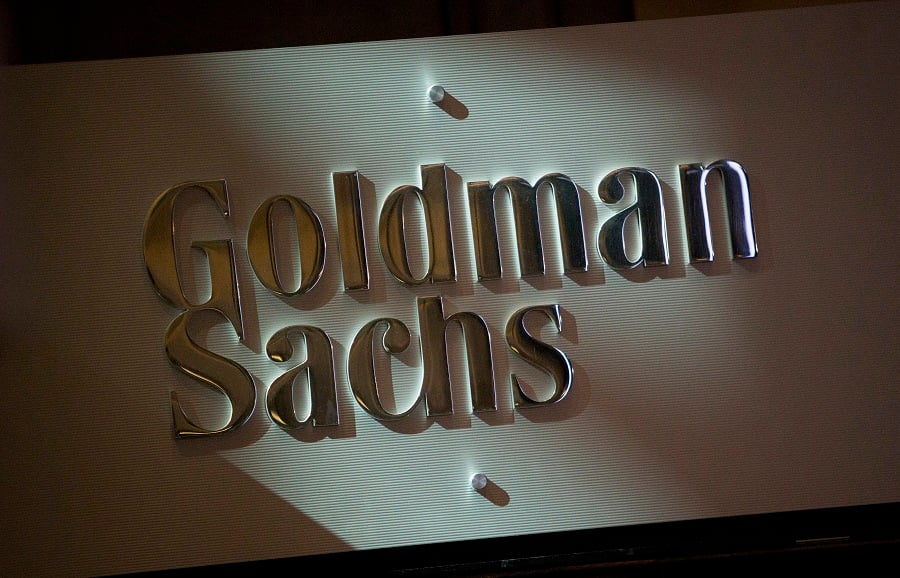

Two of Wall Street’s most prominent investment banks are removing some of the final hurdles to fully returning to offices following the Covid-19 pandemic.
Goldman Sachs Group Inc., which led Wall Street’s return to Manhattan towers by pushing employees to resume regular commutes last year, and Morgan Stanley both told staff that they will ease some of their remaining Covid-19 mitigation efforts after the Labor Day weekend.
Goldman will let employees outside New York enter offices regardless of vaccination status, with no requirement to participate in regular testing or wear face coverings, according to a memo sent to staff. The bank cited new U.S. Centers for Disease Control guidelines as well as improved treatments and wide availability of testing.
In New York, Goldman employees with an approved medical or religious exemption to the city’s vaccine mandate can enter offices with no testing or face coverings, the bank said. Those without an approved exemption and who don’t meet the mandate should continue to work remotely.
The Wall Street giant has been aggressive in pushing a return to offices, with Chief Executive Officer David Solomon saying the pandemic wouldn’t change the firm’s in-person culture.
The memo didn’t specify how many days a week that employees are expected to attend. Earlier this year, Goldman executives emphasized that their expectation is that staff meeting Covid-protocol requirements will work from the office. The firm has been out in front trying to corral its staff to resume full-time office work even as its workforce has been reluctant.
Last week, Morgan Stanley told its New York staff that as of Sept. 5, it’s ending tests and control measures such as exposure notifications emails. Anyone who tests positive should still isolate for at least five days, then wear a mask for five more, according to a memo.
Staffers who may have been exposed to someone who has tested positive don’t need to isolate, but should wear a mask for 10 days in the office and get tested on day five, the firm said.

Rajesh Markan earlier this year pleaded guilty to one count of criminal fraud related to his sale of fake investments to 10 clients totaling $2.9 million.

From building trust to steering through emotions and responding to client challenges, new advisors need human skills to shape the future of the advice industry.

"The outcome is correct, but it's disappointing that FINRA had ample opportunity to investigate the merits of clients' allegations in these claims, including the testimony in the three investor arbitrations with hearings," Jeff Erez, a plaintiff's attorney representing a large portion of the Stifel clients, said.

Chair also praised the passage of stablecoin legislation this week.

Maridea Wealth Management's deal in Chicago, Illinois is its first after securing a strategic investment in April.
Orion's Tom Wilson on delivering coordinated, high-touch service in a world where returns alone no longer set you apart.
Barely a decade old, registered index-linked annuities have quickly surged in popularity, thanks to their unique blend of protection and growth potential—an appealing option for investors looking to chart a steadier course through today's choppy market waters, says Myles Lambert, Brighthouse Financial.
